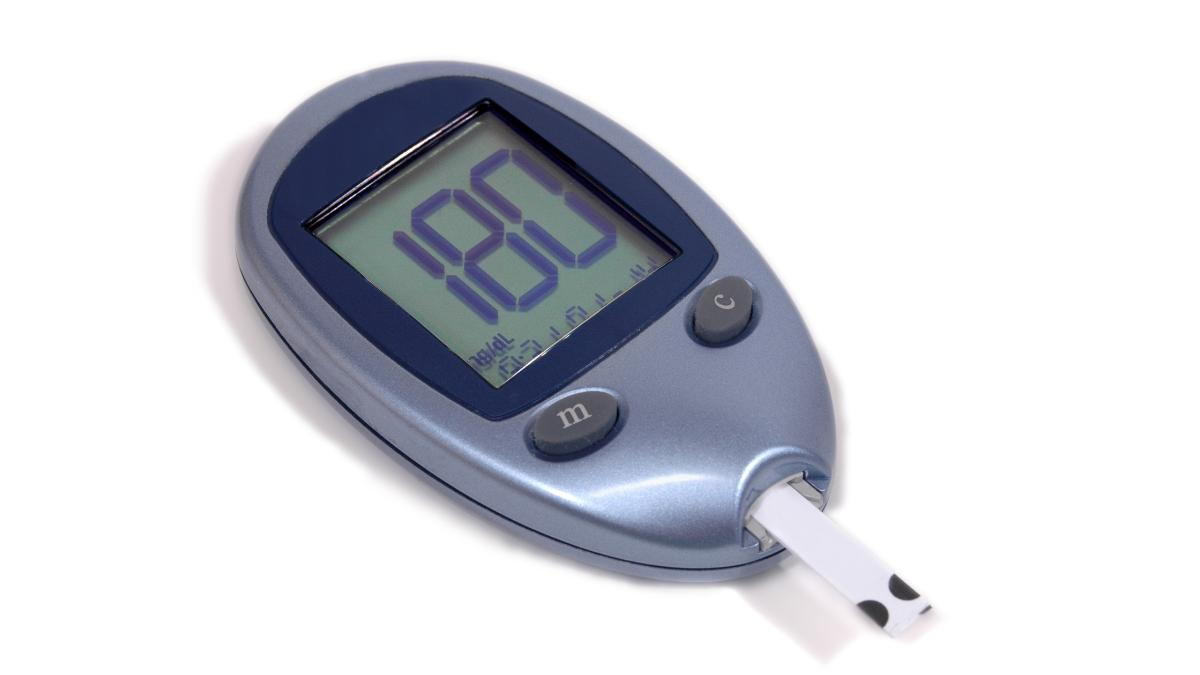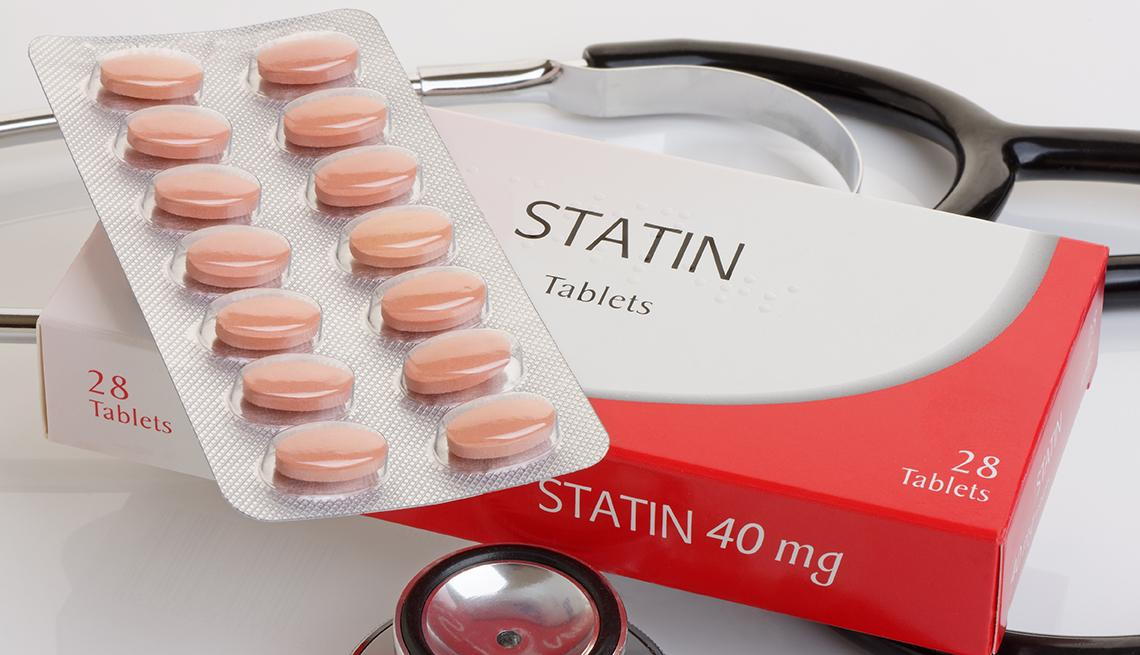
- posted: Oct. 18, 2019
You don’t just wake up one day and become diabetic. In fact, there are virtually no symptoms that you may experience in the early stages. But then your doctor tells you that your Glucose and A1C are too high. How does that happen? There are hidden factors behind medications, diets, the foods we eat, and even hormones that may be contributing to the rise of the diabetic epidemic. Diabetes can be controlled or even reversed with just a few changes to your lifestyle habits.
Medications can raise your risk
Did you know that statins are known to raise glucose levels? Statins are a medication used to lower cholesterol. Statins raise your risk of diabetes by increasing your insulin levels and blood sugar by blocking the liver’s ability to convert the starches you eat into cholesterol. Instead, the starches are returned to your blood stream which raises your sugars in the blood.
Statins can more than double your risk of developing diabetes. Studies show, individuals who used statin drugs longer than two years are more than three times as likely to get the disease.

Consuming additives in your food and drink increase your risk
Studies have shown hyperglycemic effects of the common food additives, MSG and aspartame. Animal studies have shown that dietary MSG induces markers of insulin resistance, a direct cause of type 2 diabetes. Aspartame, on the other hand, has been shown to stimulate the rapid release of insulin and leptin, which are hormones that tell the brain when you are satisfied, regulate your metabolism and fat storage. Leptin is largely responsible for the accuracy of insulin signaling and whether or not you become insulin resistant.

Monitor your blood levels with testing
The best way to know where you are at is through blood tests. You can test the Glucose every day but this value will fluctuate. You should also be testing your Hemoglobin A1C. If your numbers keep going up then you’ll need to take a closer look at your lifestyle choices. Significant improvements can be seen in just a few weeks! It is also advisable to do a urinalysis every 6 months if you are over 30. A comprehensive blood test with a hair tissue mineral analysis should be done initially and repeated once a year to monitor other metabolic factors in the blood to include kidney function, liver function, digestion and other areas that may need improved and or optimized for your health overall.
Deficiencies can be corrected easily with proper supplementation. Diabetics should be on supplements such as Vitamin C, Fish Oil, Magnesium, and Vitamin E. Other nutrients to consider would be Niacin, Vanadium, Chromium Picolinate or whatever else is indicated by your comprehensive testing. Dosages of vitamins and minerals depend largely on the individual and can change over time depending on improvements noted when retesting of blood work is performed. Stop guessing at what is causing your numbers to go up. Get on a precise plan tailored to exactly what you need.
Diabetes does not have to be a progressive disease and can be controlled or even reversed with just a few changes to your lifestyle habits.
Yours in health,
Dr. Steven Nickels, DC, NMD, DACBN, DCBCN
SHOP SUPPLEMENTS FOR DIABETES SUPPORT
Office Hours
by appointment only
10:00 am - 5:00 pm
12:00 pm - 5:00 pm
1:00 pm - 5:00 pm
Closed
Location
Find us on the map
Main
10033 Sawgrass Dr. W Suite 204
Ponte Vedra Beach, FL 32082, United States





